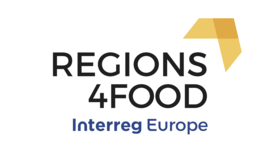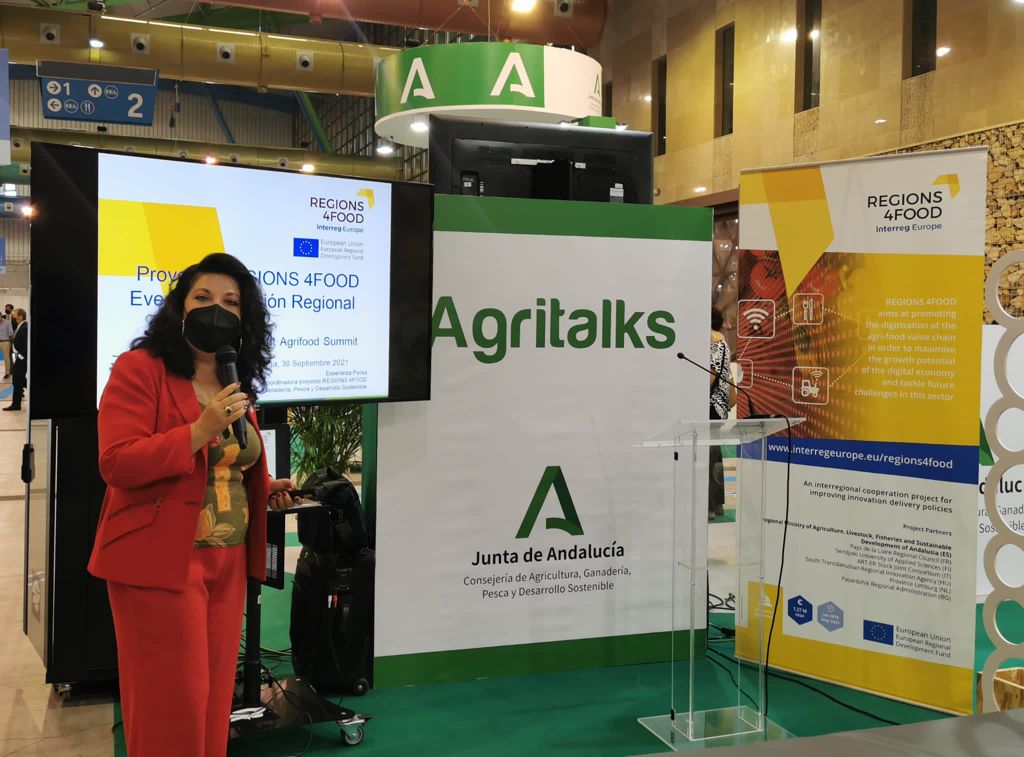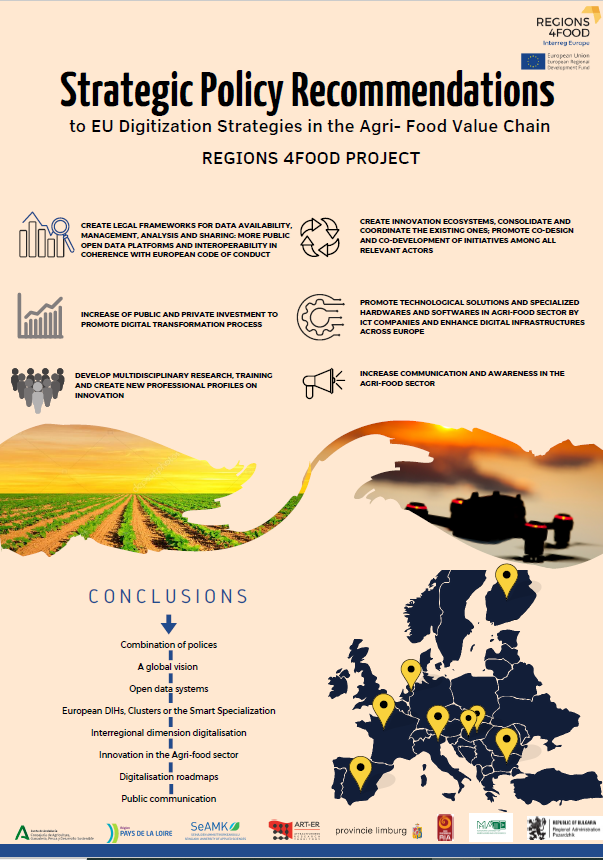As part of Interreg Europe Policy Learning Platform, an online forum was held on 23 July 2020 to discuss the status of European value chains. South Transdanubian Regional Innovation Agency participated at the meeting as a partner of Regions 4Food Interreg Europe project.
The COVID-19 emergency highlighted the importance of European security and the need to maintain its autonomy in the manufacturing of vital goods such as agri-food products. As a result of the pandemic situation, the development of strategic industries within Europe has become essential, along the promotion of interregional cooperation. Therefore, the forum focused on how regional policy makers support European Value Chains towards greater European sovereignty.

At the beginning of the meeting, all the participants introduced themselves and briefly summarized the Interreg Europe project they represent. The moderator of the forum, Mr. Arnault Morrison gave a short presentation on the current relationship between Global Value Chains (GVCs) and European Value Chains (EVCs). As a result of COVID-19, there has been a growing political debate about rethinking GVCs and moving forward EVCs. On 10 March 2020, the European Commission adopted the EU Industrial Strategy, which includes several of initiatives such as:
- Important Projects of Common European Interest (IPCEI),
- new EU pharmaceutical strategy in 2020,
- Action Plan on Critical Raw Materials.
The next speaker was Mr. Fernando Merida Martin from the Joint Research Center (JRC), his presentation on the “Smart Specialization Platform” showcased proposals coming from various guidance documents. These publications focus on three different areas: energy, medical technology, agri-food, the latter being of high relevance for the Regions 4Food project. He also introduced the relationship between SMEs and Industry 4.0, highlighting the importance of digitizing company operations.

Following Mr. Martin’s contribution, Ms. Susana Larrea presented the interregional voucher program of the Basque Business Development Agency. This initiative targets SMEs to support their technology use that meets the challenges of Industry 4.0.
Finally, the forum participants took part in a roundtable discussion to debate the effects of COVID-19 on key sectors in each region and what regional perspectives have emerged to move the EVCs forward.
The information obtained from the online roundtable provided useful inputs for the action planning of the Regions 4Food project as the project aims at enhancing data-driven traceability in the agri-food value chain.
The Regions 4Food project is co-financed by the European Regional Development Fund and Hungary.






